The views expressed in our content reflect individual perspectives and do not represent the authoritative views of the Baha'i Faith.
Boarded up windows and doors. Blocks and blocks of them. That’s what I saw in early June while driving through Bronzeville, my Chicago neighborhood. During local uprisings after the killing of George Floyd many businesses in the community — as was the case in cities nationwide — were damaged.
After the protests here in Chicago, one of my dear friends, Khari Humphries, who is also a Bronzeville resident, told me he was tired of driving through the neighborhood and seeing the boards up. “It’s depressing. We need to do something,” he said.
So we decided to rally our fellow community members. I was inspired by the words of Baha’u’llah, the prophet and founder of the Baha’i Faith. In the 19th century, he wrote that “The best beloved of all things in My sight is justice.” With so much change needed in our communities, now is the time for us to all see where we’re lacking justice and where we need healing. When we engage in that process of healing, humanity as a whole can benefit from the greatness of everyone.
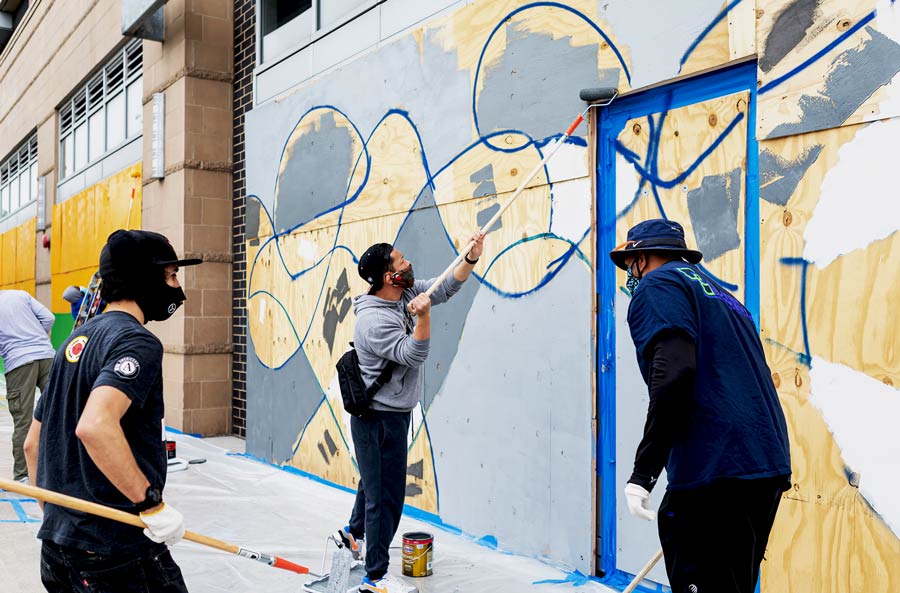
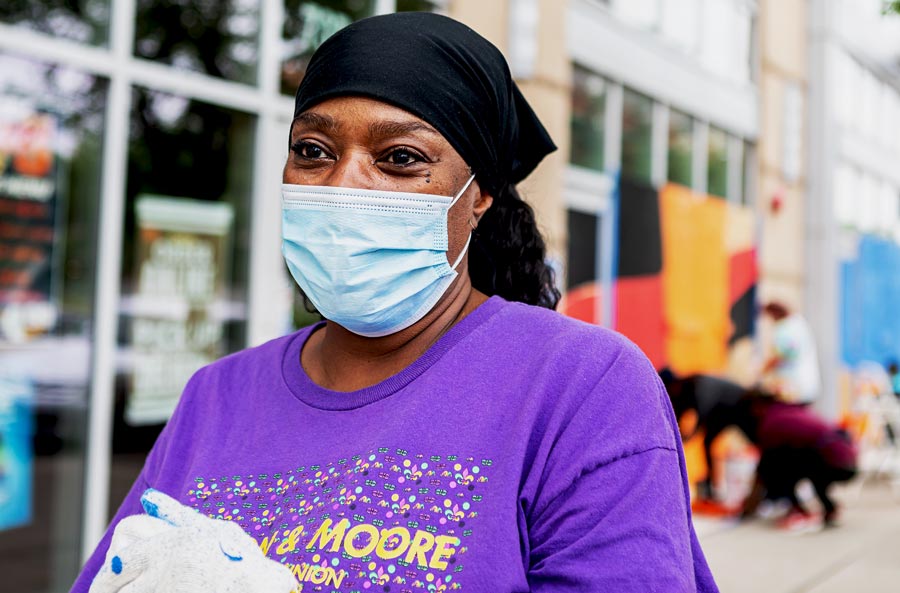
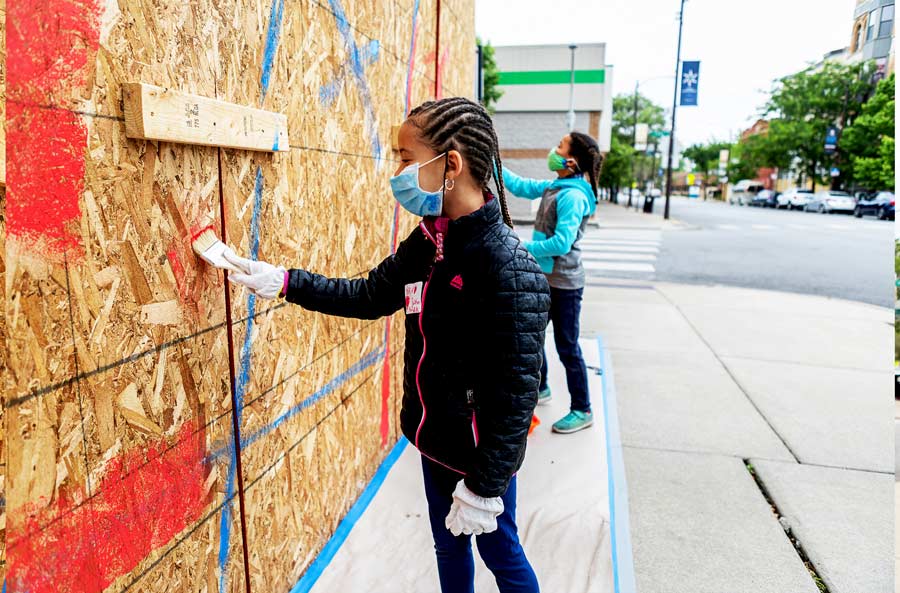
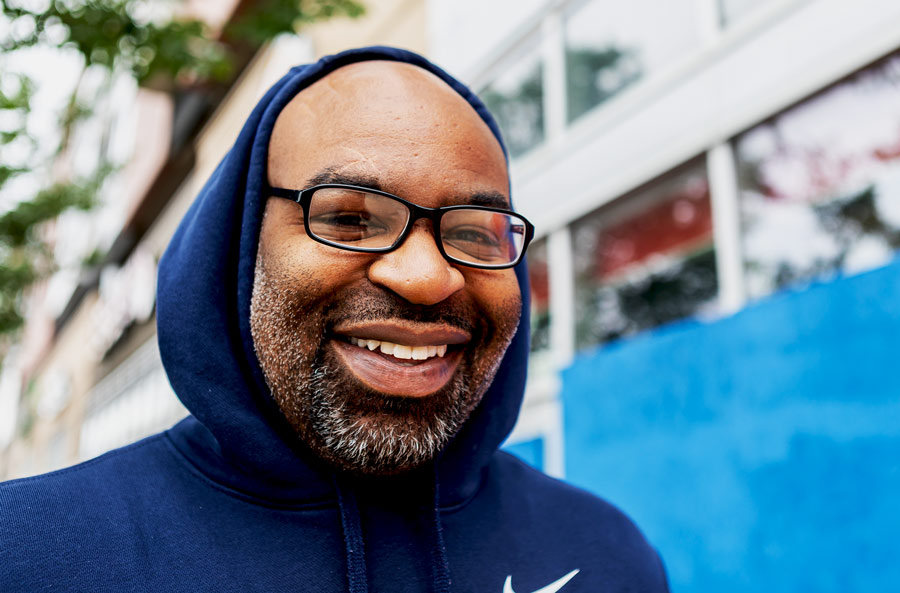
And in Bronzeville, painting those boarded-up doors and windows is part of the healing. On June 13, “Beautify Bronzeville Businesses” a neighborhood effort to paint murals on the plywood boards came to life. Nearly 60 volunteers showed up to bring some beauty back to the neighborhood — and in the process, we built and strengthened friendships and relationships that have the potential to transform the community and Chicago.
Bronzeville, which is just south of downtown Chicago was once known as the “Black Metropolis” — it was the Harlem of the Midwest. World-renowned Black Americans such as journalist and anti-lynching crusader Ida B. Wells, author Richard Wright, and trumpet virtuoso Louis Armstrong called Bronzeville home. But laws and policies designed to disenfranchise Black people caused the community and its residents to suffer.
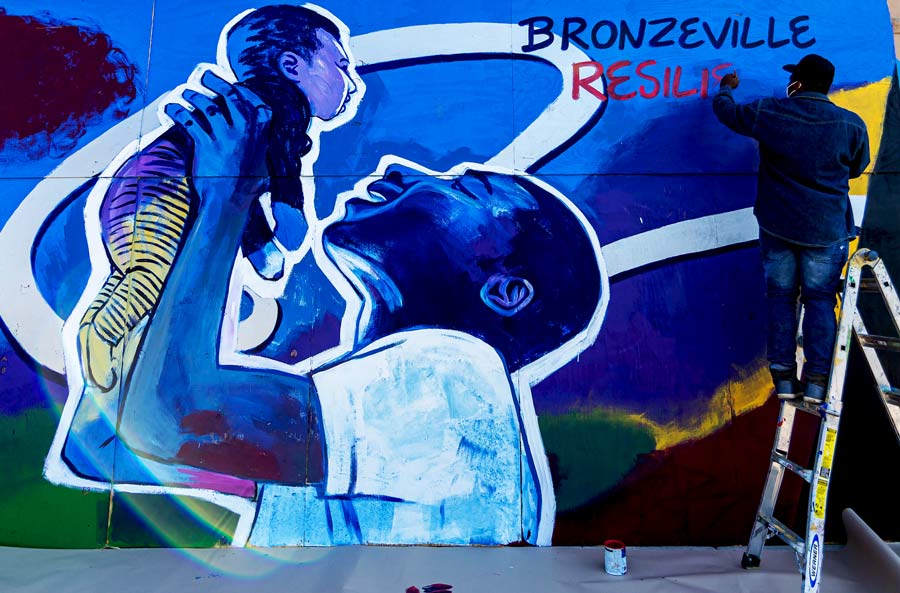
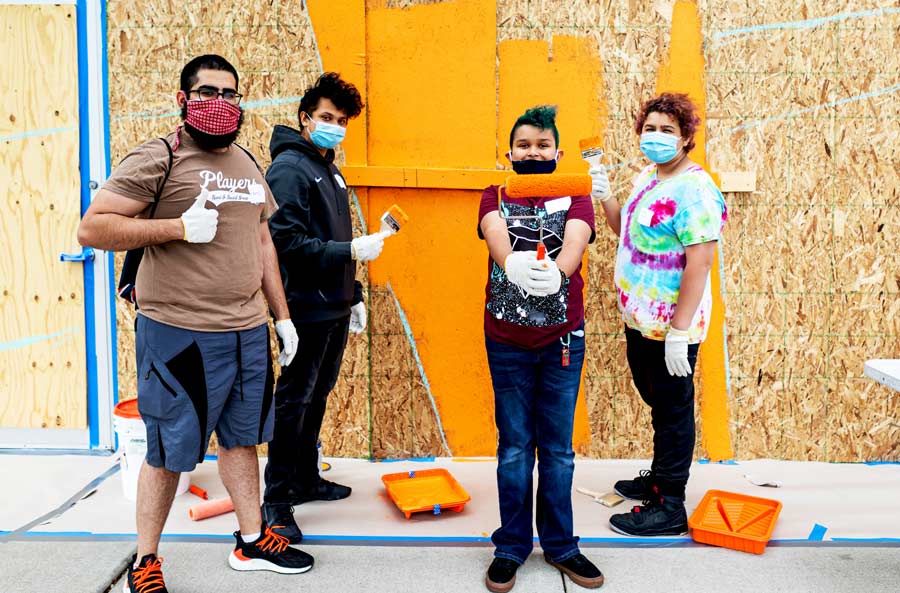
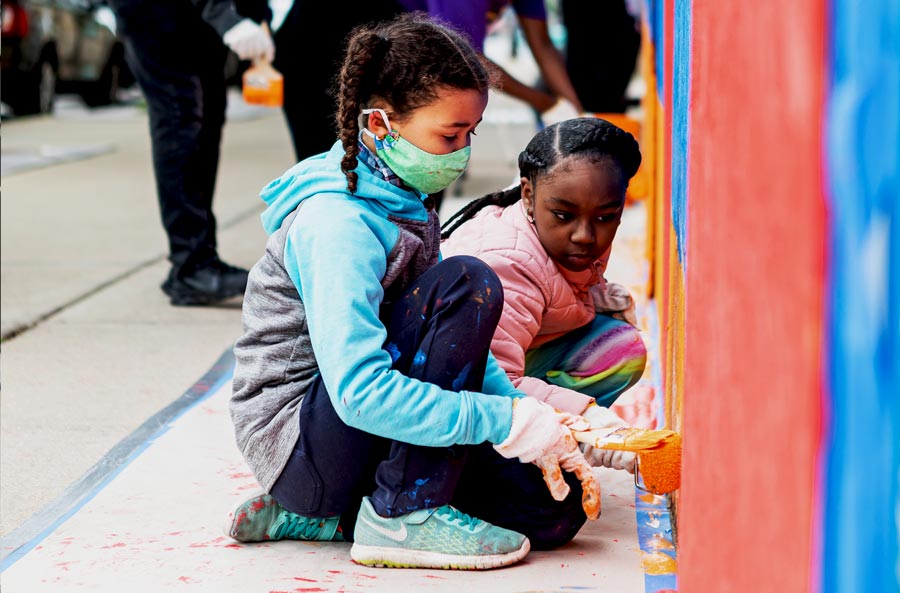
I first moved to Bronzeville in 2002. The neighborhood is often called the “GAP” community because it was located between a high-rise housing project called the Robert Taylor Homes and downtown Chicago. My husband Kelsey and I moved here because he wanted to be closer to the kids he mentored and to the Chicago Baha’i Center, which was just south of Bronzeville.
We wanted to be of service, and being a part of the neighborhood mattered to us. Baha’u’llah wrote that “And if thine eyes be turned towards justice, choose thou for thy neighbor that which thou choosest for thyself.” So we participated in and started community activities, particularly with the teens who were from the Robert Taylor Homes, which are now gone.
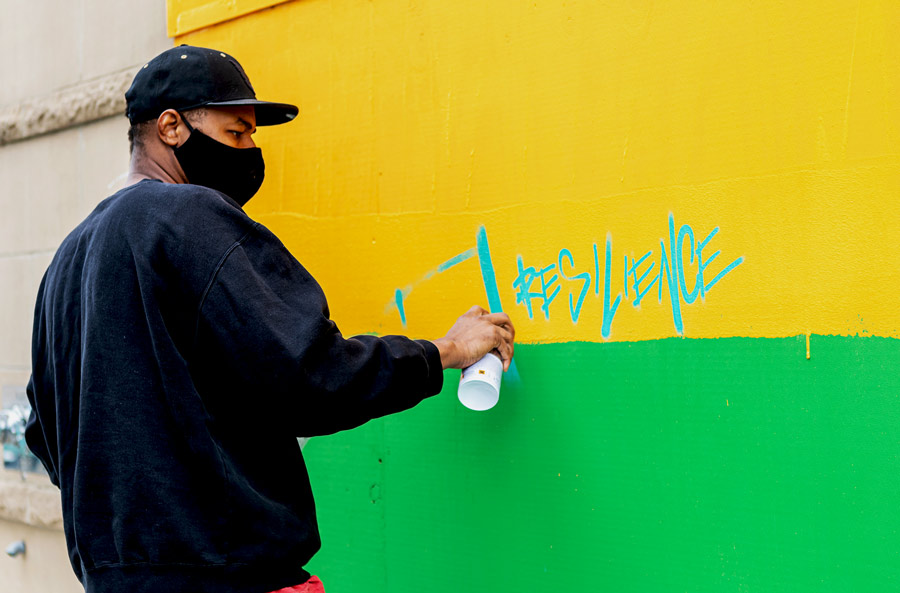
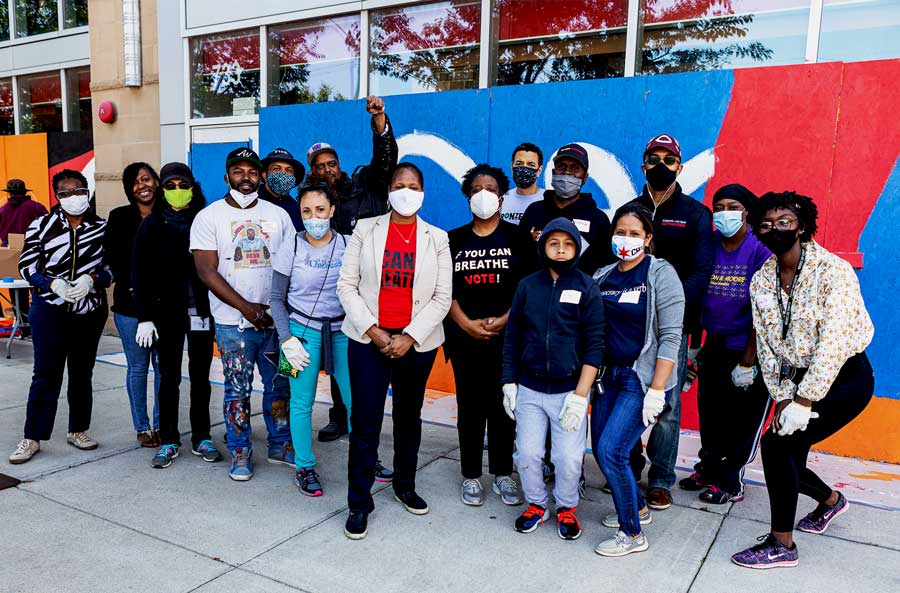
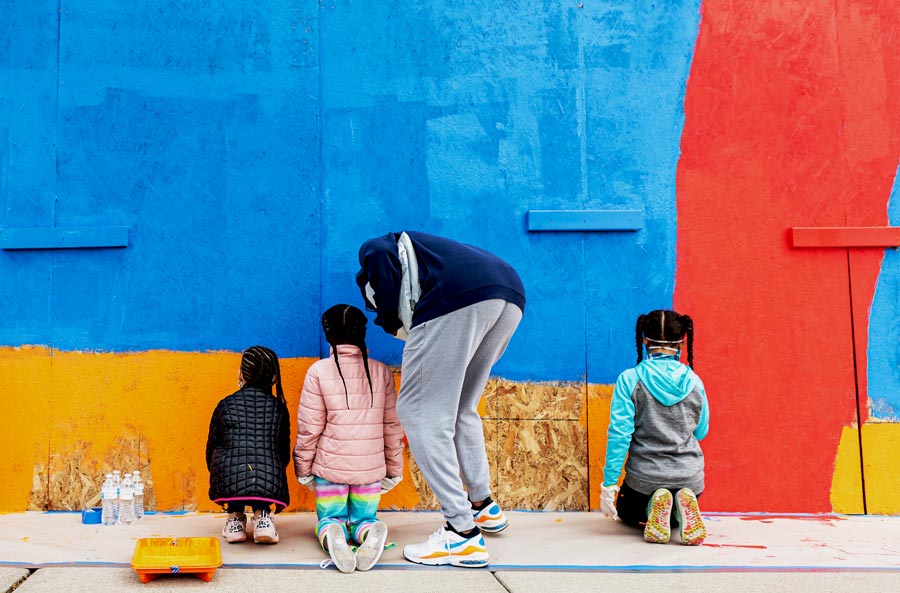
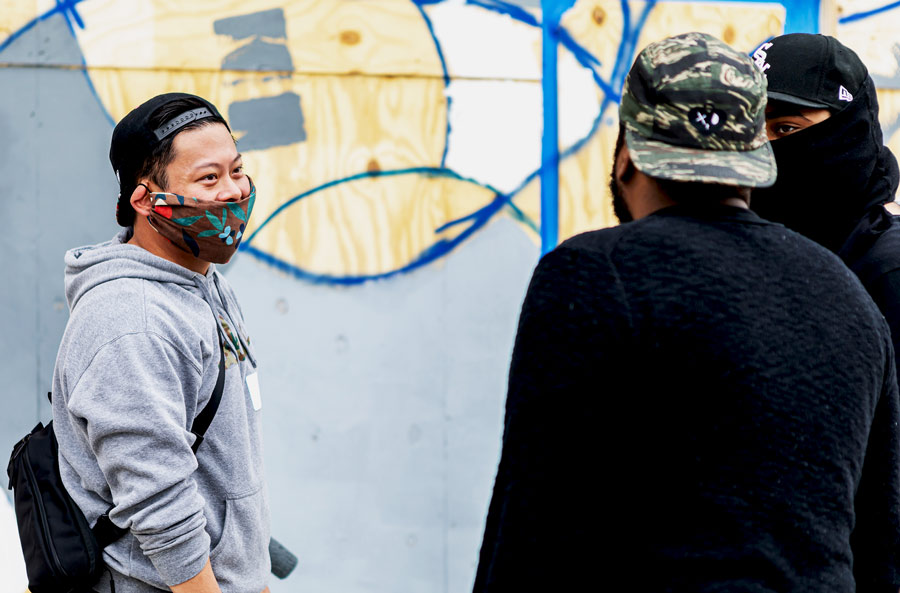
I founded my Baha’i-inspired nonprofit, Organic Oneness earlier this year. Our tagline is to promote the interconnectedness of all the people and the earth, and we work to continue and magnify efforts to heal the community. We can only do this by including community members in the planning and execution of our work. Khari is just one of many board members from the community who I’ve been collaborating with for years. Working alongside people who are true warriors for justice and equality, and who are leading the efforts to ensure Black and Brown Chicagoans can take their rightful place in society, has been a blessing for me. Doing community work for years and supporting the efforts of like-minded organizations and people helped me realize I needed to create an official entity to do this work.
On Martin Luther King Day we did service projects to beautify schools with murals. So Khari suggested we create additional murals on the boards on 47th Street and Cottage Grove Avenue.
I was a little worried that people weren’t going to show up but that’s where faith comes in. There’s a need — and if you build it, they will come again and again. It takes effort to get the word out there but once people see what’s happening they respond and they ask, how can I help?
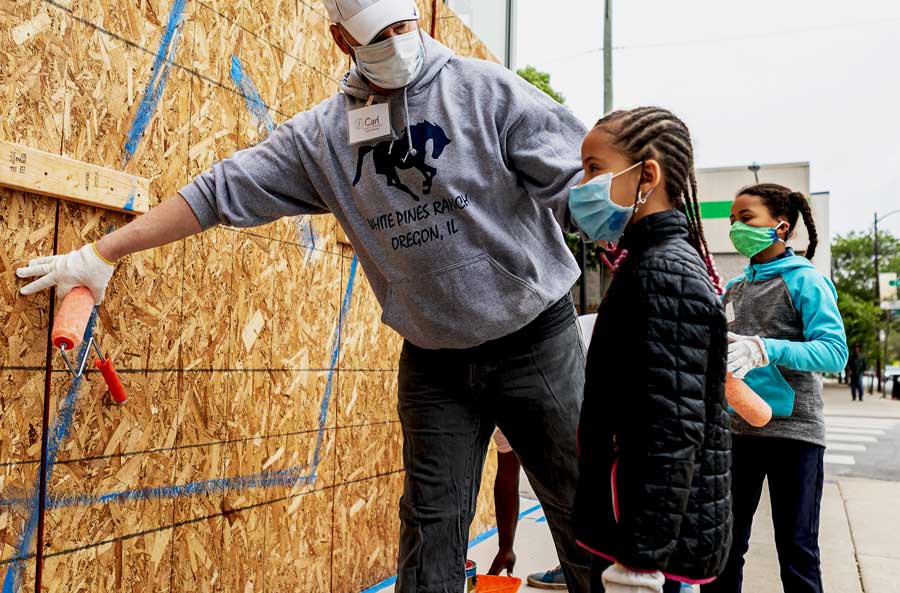
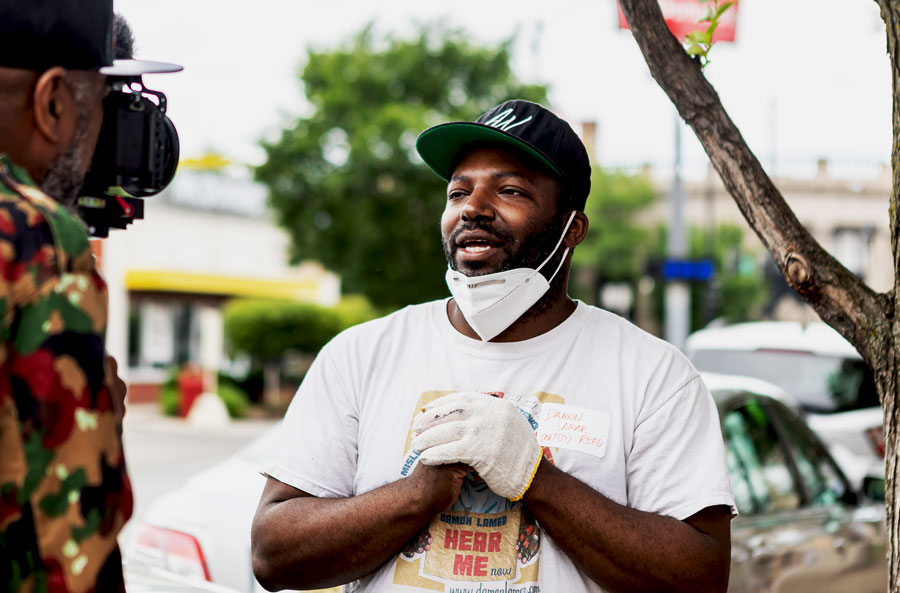
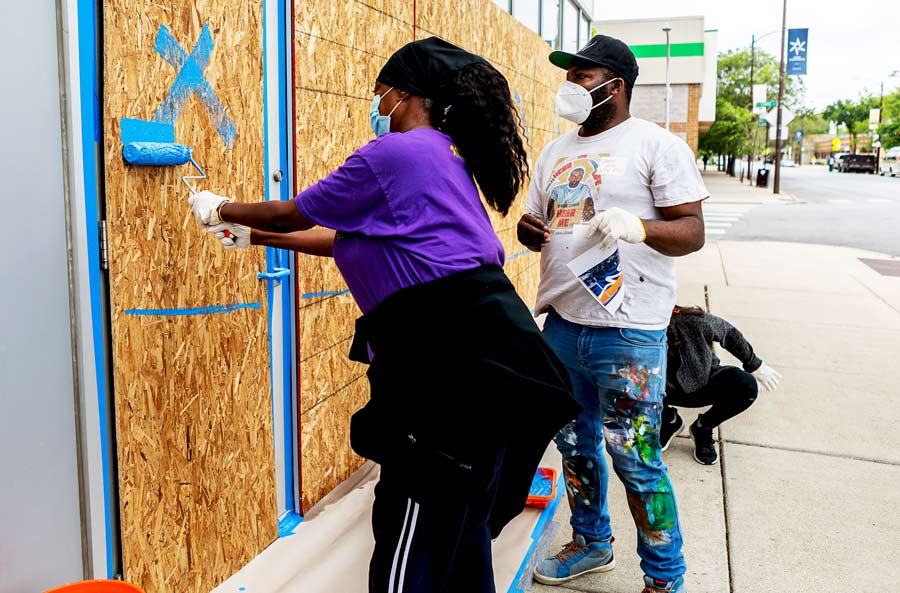
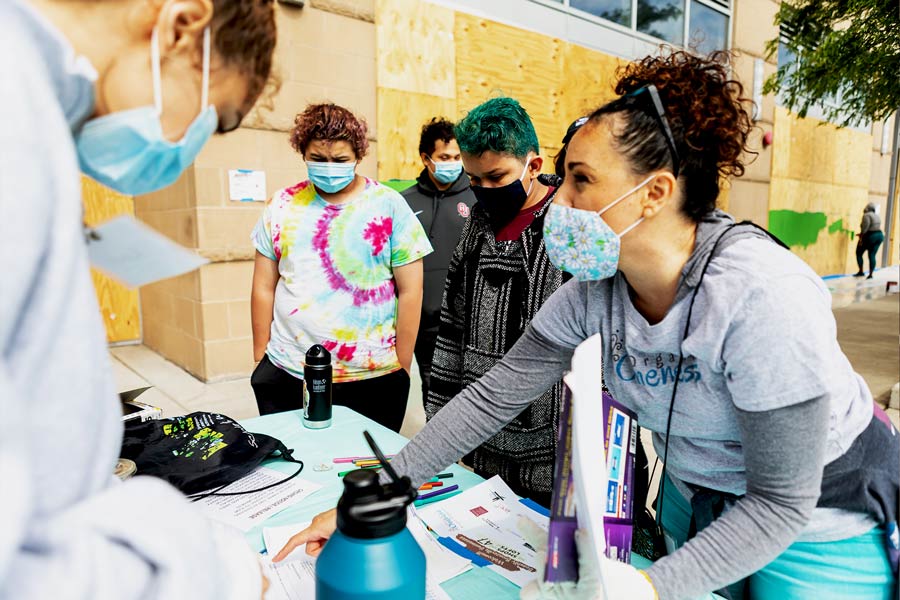
With just one week of planning, we raised $7,000, got local muralists on board, and rallied an army of volunteers of all ages.
As people painted the plywood, we played uplifting music — songs that are about Black creativity. Watching a diverse group of people working together to beautify this space that had been destroyed — watching that magical moment of people being together and transforming the space and learning together reminded me why we continue to work for justice and unity in my community and across Chicago.
I saw people talking to each other and hearts connecting. There were so many connections that happened because we had a common purpose and a goal.
Afterward, Kelsey told me, “I’m glad I had my mask on because I almost cried when I started painting. Between the music and me putting the paint on the board, we were transforming the neighborhood and ourselves.”
Just like there’s art therapy, painting murals in a community that has been deliberately disenfranchised has a similar effect. We took an incident that was painful — the killing of George Floyd — and channeled the desire for change and justice through art. It’s a healing process.
People might say this is just temporary, that the boards will be taken down once the businesses reopen. But this is about co-creating a space for the community members to be hopeful and not be retraumatized every time we see the boards. It’s more than just murals. It’s bringing community members together for healing.
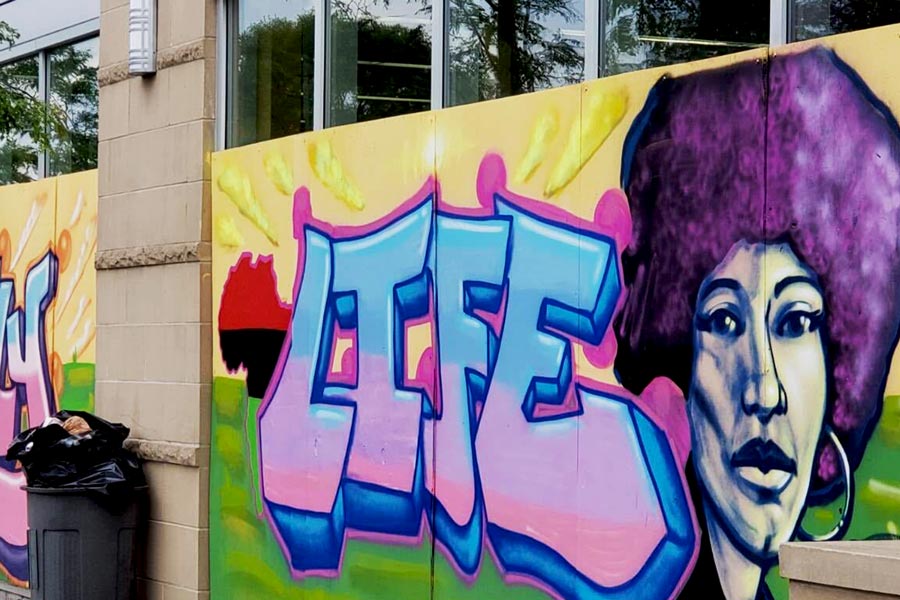
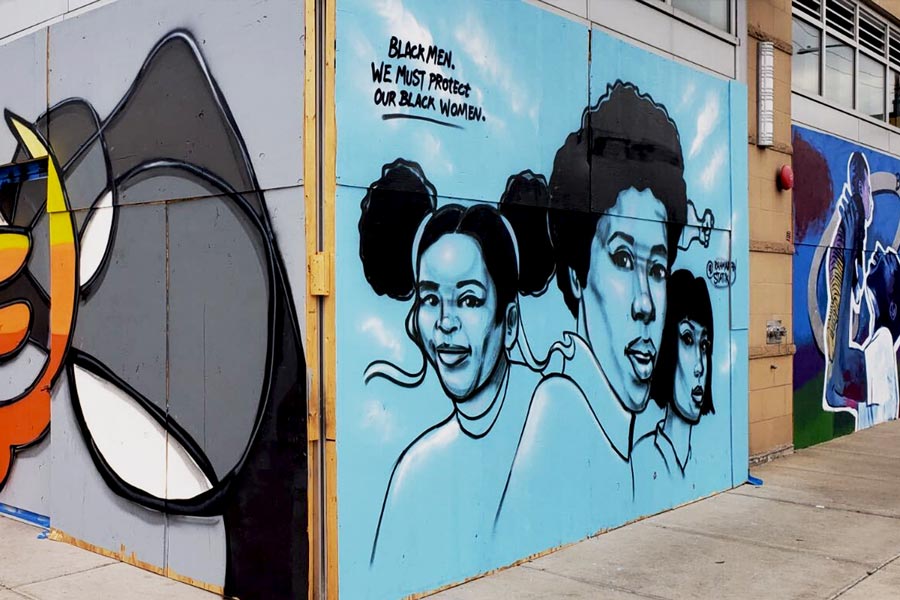
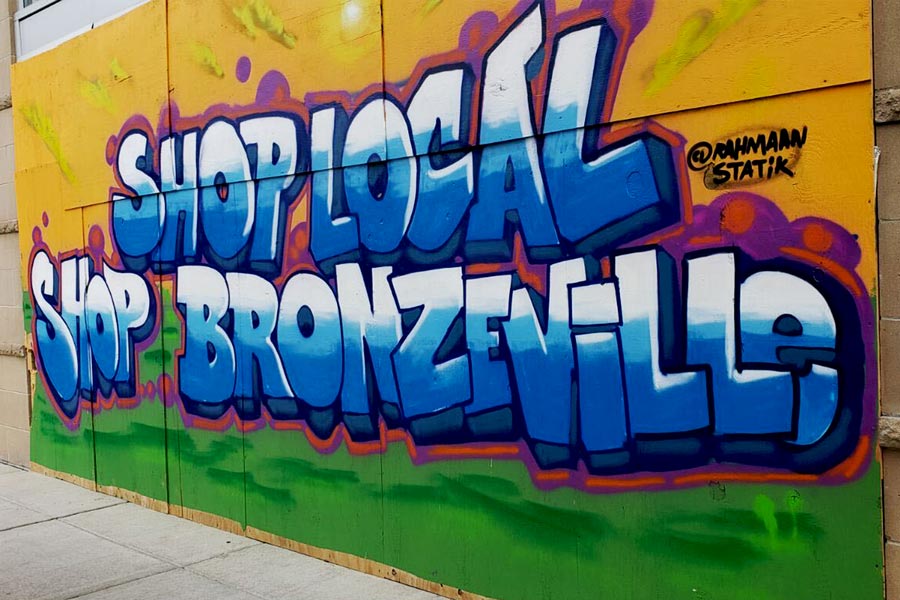
Abdu’l-Baha, the son of Baha’u’llah wrote that healing can be “brought about through the power of the Holy Spirit.” I saw that healing power in action through the work we did that day.
With healthy communities, our children can fulfill their purpose as human beings. When a community is healthy, each person is able to be their full self and contribute in a meaningful way. When we can fulfill our purpose we move closer to a peaceful society. When there’s pain or barriers or anything stopping people from being who they really are, we all suffer.
Chicago is a racially segregated city — as are most cities in the United States. But Baha’u’llah wrote that “So powerful is the light of unity that it can illuminate the whole earth.” I believe in bringing unity to my city and to my neighborhood. I often reflect on how we are all interconnected — and what happens to Black people on the South Side of Chicago impacts the white people on the North Side, whether we realize it or not.
That moment of service has had a ripple effect. Talking to people afterward, I’m hearing how things are happening. People are connecting to organizations that are helping Black businesses and helping each other start nonprofits.
There’s so much destruction caused by racism, and there’s so much bad that happens in our society, so we have to be intentional about good things. As Martin Luther King, Jr. said, “Those who love peace must learn to organize as those who love war.” If we want a peaceful society, if we want people to love each other, if we want community building, we have to be intentional with those efforts.
If you have a thought, a solution, or see something of how things should be or could be, share it with others until you actually see it come to reality. Now is not the time to be complacent or wander in our own thoughts. This is a time for action.


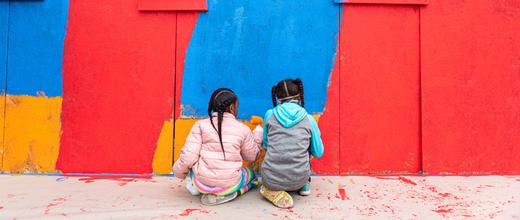


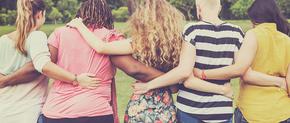
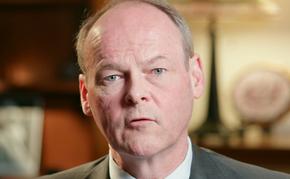










Comments
Sign in or create an account
Continue with Facebookor